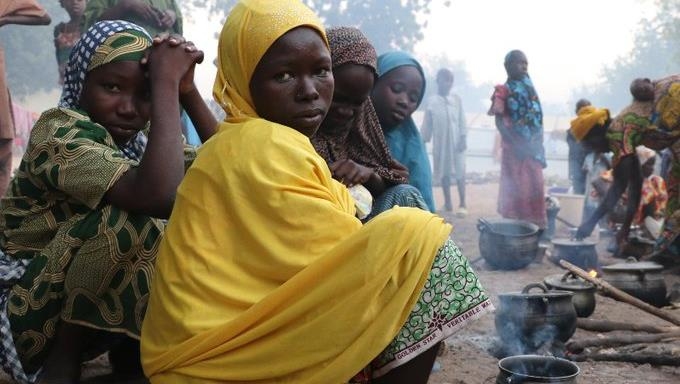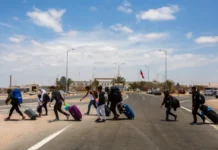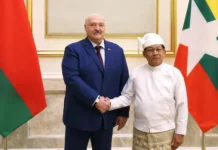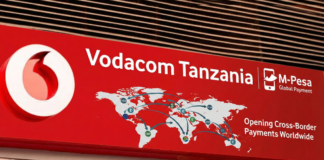A severe humanitarian crisis is rapidly unfolding in northeastern Nigeria, where resurging jihadist violence, drastic foreign aid cuts, and soaring inflation are pushing millions toward starvation. In towns like Damboa, once a thriving agricultural hub, survival is now a daily struggle for thousands displaced by years of insurgency
More than a million people in Borno, Adamawa, and Yobe states face imminent starvation, with five million classified as “severely hungry,” according to the World Food Programme (WFP). The organization has only been able to support 1.3 million people, but as supplies run out, that support is now in jeopardy.
“This is our last rice from USAID,” said Chi Lael, WFP’s Nigeria spokesperson, pointing to dwindling stocks in Mafa. The WFP is being forced to shut down 150 of its 500 nutrition centres by the end of July due to lack of funding, endangering the lives of over 300,000 children.
In Damboa, the crisis is acute. Jihadist groups, including Boko Haram and Islamic State West Africa Province (ISWAP), have intensified attacks since early 2025. The town sits near the volatile Sambisa forest, a known jihadist stronghold. Many villagers, including 25-year-old Almata Modu, fled to the town for safety. “We are safe, but the food is not enough,” she said, waiting for aid that may soon stop.
The timing is especially dire as the region enters the “lean season” between June and September, when food is traditionally scarce. Combined with inflation, displacement, and insecurity, even those with land are unable to farm. Fields lie abandoned, and residents report fatal attacks on farmers venturing out to cultivate.
Malnutrition is surging. Damboa has the highest rate of severe malnutrition in children under five in the region. Fanna Abdulraman, a mother of eight, brought her starving twins to a WFP-supported centre, only to find she was too malnourished to produce milk herself.
“This is no longer just a humanitarian crisis, it’s a growing threat to regional stability,” said David Stevenson, WFP’s country director. He warns that nearly 31 million Nigerians now face acute hunger nationwide.
Security concerns further complicate aid distribution. At centres still operating, visitors are frisked at the gate, a stark reminder of the area’s volatility. Armed militias now escort farmers along the Maiduguri-Mafa highway, one of the few remaining lifelines for agriculture.
The international community’s retreat, including the collapse of U.S. funding under previous policy shifts, has crippled aid operations. As banners bearing USAID’s logo still hang on empty warehouses, families like Fanna Mohammed’s are left in shock. “I can’t imagine that we will live,” she said, unaware that food aid and child nutrition services are vanishing.
A joint outlook by the WFP and the UN Food and Agriculture Organization warns that the situation is set to worsen, with conflict, economic hardship, and expected flooding likely to deepen already “critical levels of acute food insecurity.”
Without urgent international intervention, lives will be lost, and the consequences may reverberate well beyond Nigeria’s borders.
Written By Rodney Mbua



















